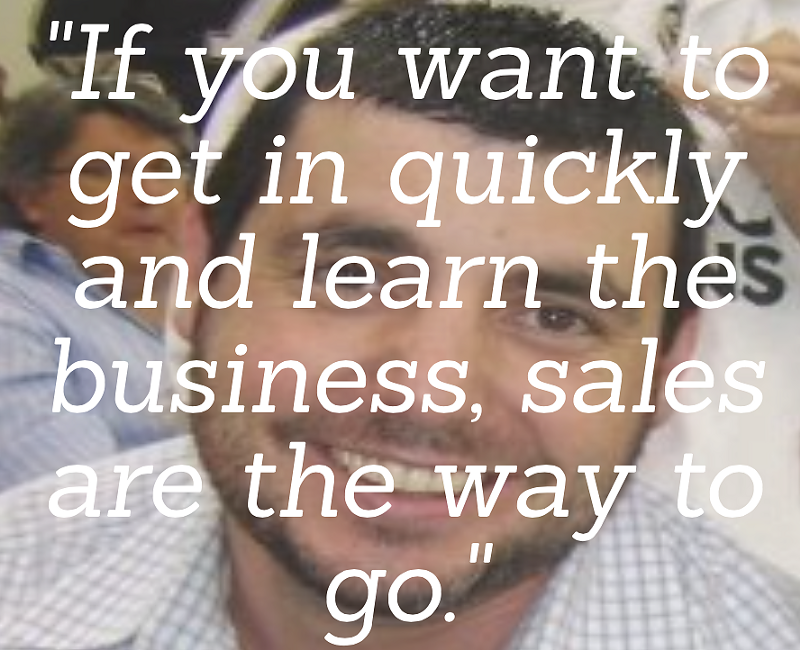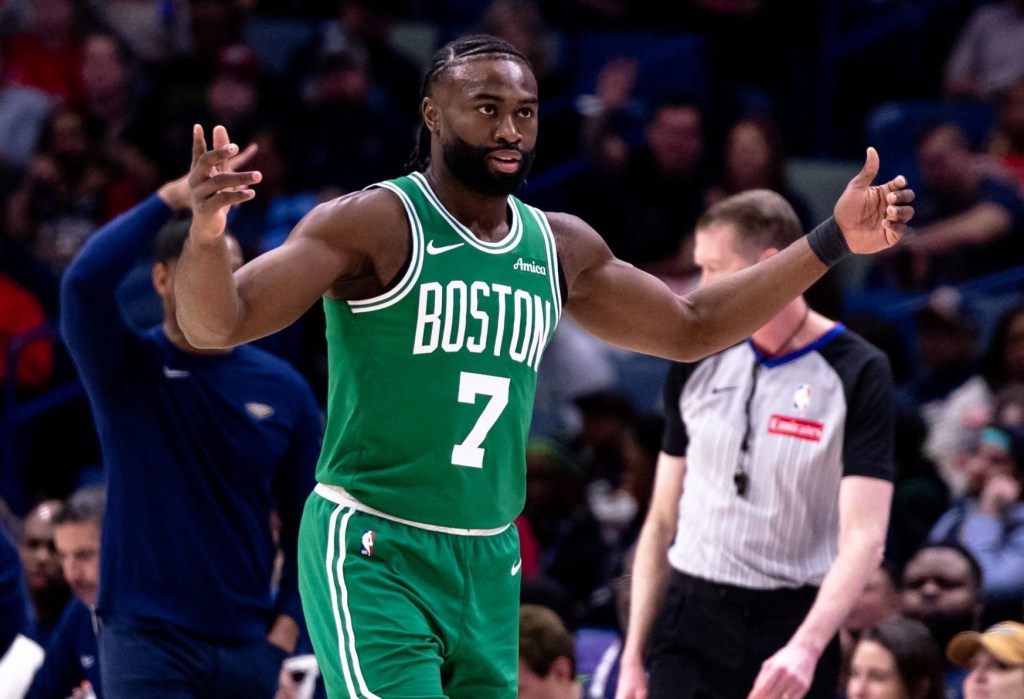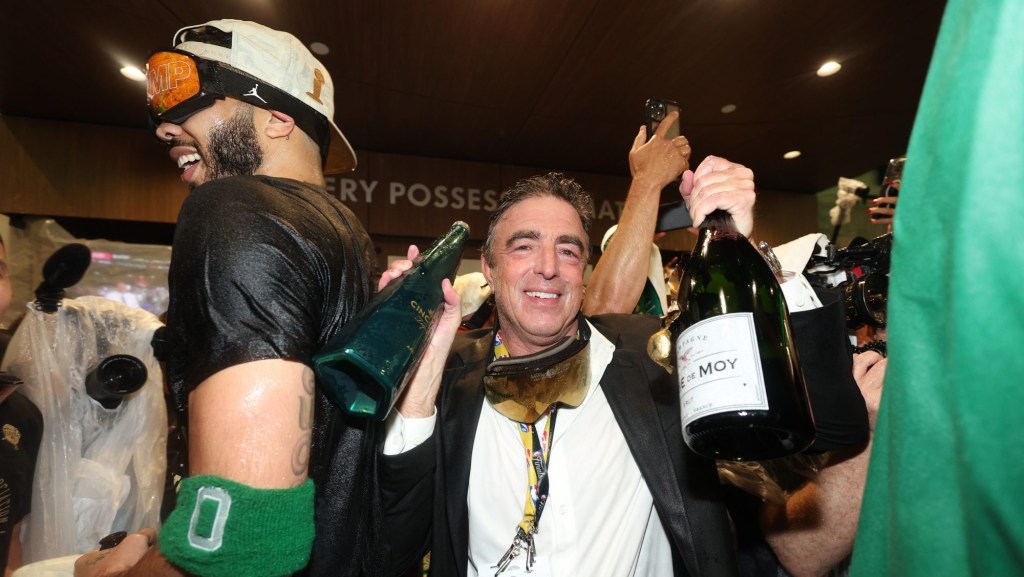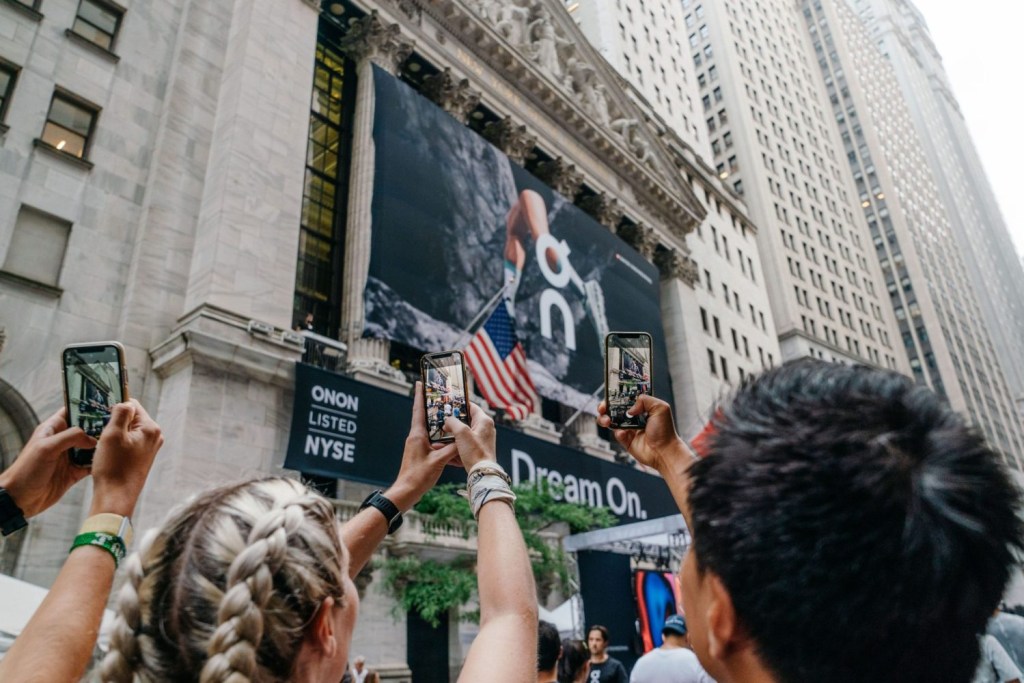By: Adam White, @FOSAdam

Front Office Sports is proud to have sat down with Mike Guiffre, Vice President of Client Relations and Strategy at The Locust Phase. Mike has held previous positions at the Pittsburgh Penguins along with the American Airlines Center. With over 15 years of experience mostly in the sales sector, Mike was able to share with us great tips, wisdom and knowledge from his vat of experiences. He was gracious enough to offer insight into what it is like making your way up the sales ladder, why internships aren’t the “it” factor they used to be and why branding in sports is everything.
How did you get where you are today? Did you envision yourself always here?
Although pleased with where he ended up, Mike recounted the early days of his sports career saying, “I fell into sports accidentally through an internship while I was in college. I got a job working in the athletic department in college and, because I had some experience in sports, I got an internship with the Penguins and after I graduated I went right into a full-time position.” In a mixture of both luck and experience, Mike was able to get on board with the Penguins in the heart of there financial troubles in the late 90’s. Taking the popular route of sales to break into sports Mike, “started out with corporate sales and that eventually blended into a role in premium sales which he then did for 12 years.”
Not uncommon in the sports world was the fact that Mike didn’t see himself where he ended up early on saying, “It wasn’t what I envisioned early on, but I have always been good with corporate relationships, so I guess it just naturally fit for me. Some times you are better to be lucky than good.” Looking back his times with the Penguins it was evident that he couldn’t be more thankful for the whole organization saying, “It was a strange stretch for me with the Penguins as I was with them in the heart of their financial troubles up to and after they won the Stanley Cup, but I loved every second of it.”
In today’s world where it seems like every school has a sports program, how does one differentiate themselves from the crowd?
Mike couldn’t have been more straightforward saying, “Internships and experience are not enough nowadays. Everyone can get them and everyone does. In order to differentiate yourself, you have to broaden and sharpen your skill set.” Not only was sharpening your skillset high on Mike’s list of ways to set yourself apart, but so was understanding the business side of sports saying, “You must understand the business. If you can learn the business side in its entirety, you can use that to your advantage.”
Putting it in perspective, Mike likened the idea of broadening your skill set to having more tools at your disposal saying, “Try to put as many tools in your tool box as possible. It’s easy to get certified in many different things such as inbound marketing. To have those certifications, just brings another level to your resume.”
If you could go back and tell 20 year old Mike one thing, what would it be and why?
As someone who is adamant in continued learning, Mike wasn’t shy to say, “I would tell myself that you are going to have to understand how the landscape changes in sports. I came out of college in the late 90’s and I had to grow up with a big learning curve related with the internet. So, if I could go back, I would tell myself to stay ahead of the times the best I could by learning the landscape and trying to anticipate the changes.”
He was also adamant in preaching education no matter which way achievable saying, “Always continue your education. Set a goal to take four online classes a year, set a goal to attend one class a year at say a community college. There is no excuse for not staying continually educated with all the resources available today.”
What has been your hardest challenge so far working in sports? How did you learn from it?
Something that Mike believes is hard to believe for others is the fact that “The hardest experience for him was being able to put together 100 deals when they (Penguins) moved into Consol Energy Center.” It was a treacherous stretch for him and he elucidated the grind of the work he was involved in saying, “I ended up signing all the suite and loge box agreements myself. One of the things that people don’t understand is that the premium seating contracts you have to negotiate are all 40–50 page documents you have to agree on. You go back and forth with company lawyers and it takes awhile.”
Although it is always a lengthy process, for a team moving into a new building it is even worse and Mike was quick to point this out saying, “It is a process, especially when you move into a new building and the set up isn’t the same and people get moved. Now not only are you dealing with everyone, but a lot of those people are angry because where their suite used to be, it is no longer there.”
Luckily for him, to make the task better he fell back upon the relationships he had already created saying, “What made it easier was the fact I had built relationships with these people for five years beforehand so there was already a level of trust that had been established. If you treat the business like a business, it makes it much easier. If someone spends $150,000 on a suite with you, you need to treat them as if they spent $150,000 with another vendor.”
If you could describe the sports industry in one word, what would it be and why?
“Branding….Sports is a brand and that brand drives everything. The reason people will take our phone calls or open our emails is because of that brand. You can’t take that brand for granted. The brand usually can sustain itself, but that’s not what we are here for. We are here to take that brand and grow it and that’s why you can’t take it for granted.”
What did you do to keep yourself motivated when you were starting out?
For Mike, like many other entry level personnel starting out in sports was a grind. For him, “It was tough to stay motivated. Especially starting out before the internet being what it is today. Those Saturdays at 8:00 a.m. in the office were tough. We couldn’t do our work from our home office by sending emails etc. We had to be in making phone calls etc.” but, “What kept me motivated was just the fact that I enjoyed what I did and really had an interest for what was going on and the clients I had.”
If you’re ever struggling in a position, he stresses the fact to take a second and realize where you are saying, “What keeps you motivated at some points is just the fact of what you are doing. If you take a second to look around, you will realize that you don’t have to go through the corporate drone of cubicle life like many of your friends right out of college and for me that was motivation enough.”
Parting Wisdom?
“We as an industry are still lagging in some areas. If I were to give some wisdom it would be to just tell everyone to keep the industry moving forward. Lets use the resources the data and the brands that we have to keep growing and getting smarter and learn from each other.”
“Relationships in sales, especially on the b2b side with premium seating, are absolutely critical.”
“Every kid says they want to do marketing or team relations, but what they forget is that’s what everyone wants to do. If you want to break into sports, you might have to find the easiest way first and then build your career from there. There are 3 marketing jobs to 35 ticket sales jobs.”
“If you want to get in quickly and learn the business, sales are the way to go.”
We would like to thank Mike for his time and insight! You can follow him on Twitter here and connect with him on LinkedIn here!
















